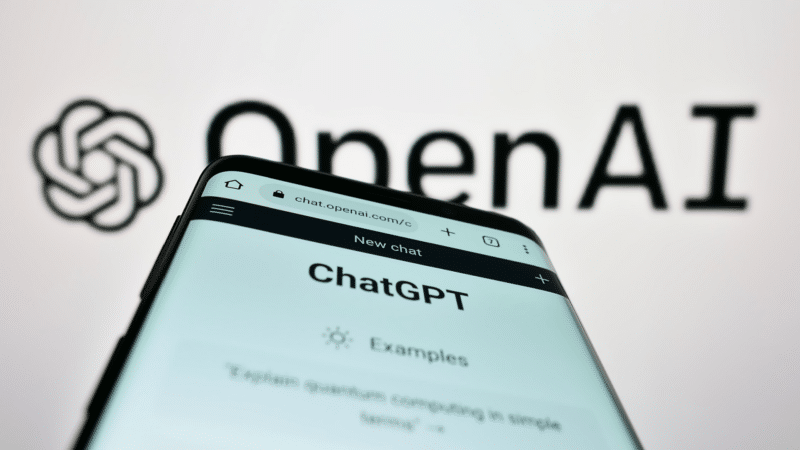
Unleashing ChatGPT for Effective Keyword Research in SEO
In the ever-evolving landscape of digital marketing, effective keyword research is pivotal for successful SEO strategies. As marketers and developers seek innovative solutions to streamline this process, the utilization of artificial intelligence, particularly ChatGPT, has emerged as a valuable ally. However, understanding when and how to effectively leverage its capabilities can significantly impact outcomes.
One of ChatGPT’s noteworthy strengths lies in its ability to generate a plethora of ideas for keywords and topics. By employing creative prompts, users can explore less competitive niches and build comprehensive keyword clusters. This brainstorming capability not only fuels content ideation but also serves as a foundation for tactical SEO initiatives. For software developers and AI professionals, integrating such ideation tools into their workflow can enhance productivity and creativity.
While ChatGPT provides a rapid approach to competitive research, it is important to recognize its limitations. The AI’s lack of real-time data means that it may not always yield the most current insights into competitive landscapes. Nevertheless, when combined with specialized tools like Ahrefs or SEMrush, it can act in a complementary role, offering preliminary ideas that drive further exploration and data validation.
Furthermore, the exploration of social media trends and influencer research through ChatGPT can yield valuable insights for digital marketers. By identifying key players within specific niches, marketers can strategize better engagement and outreach efforts. However, the inherent limitations of ChatGPT’s web crawling capabilities necessitate a blended approach with up-to-date analytics tools to ensure comprehensive market analysis.
Quality assurance is paramount when utilizing AI-generated keywords. ChatGPT can produce actionable keywords, but it cannot provide critical data such as search volume or difficulty metrics. Marketers are advised to refine the generated keywords using dedicated tools, ensuring they align with real-world SEO standards. This emphasizes a hybrid strategy, merging ChatGPT’s capabilities with traditional keyword research methodologies for optimal results.
Incorporating ChatGPT’s potential is not merely about generating lists; it requires a systemic approach that recognizes the importance of custom domain management and the integration of URL shorteners. As SEOs craft shorter, more manageable links, tools like BitIgniter and LinksGPT facilitate a seamless way to monitor and adapt digital strategies in real-time, making them essential in the current marketing ecosystem.
In conclusion, ChatGPT serves as a formidable tool for keyword research, offering various functions that enhance creativity and efficiency in content creation. However, users must maintain vigilance regarding output quality and context validation. By combining AI-generated insights with traditional practices and short link management strategies, marketers and developers can create a robust SEO framework that drives visibility and engagement.
#BitIgniter #LinksGPT #UrlExpander #UrlShortener #SEO #数字营销
想了解更多: 在这里了解更多

